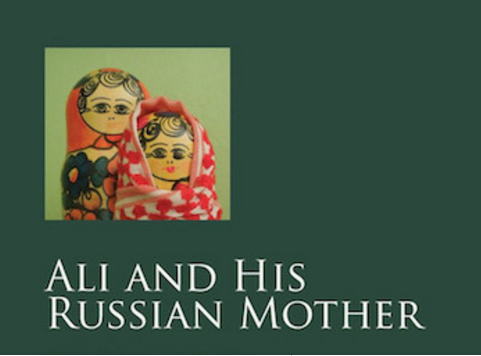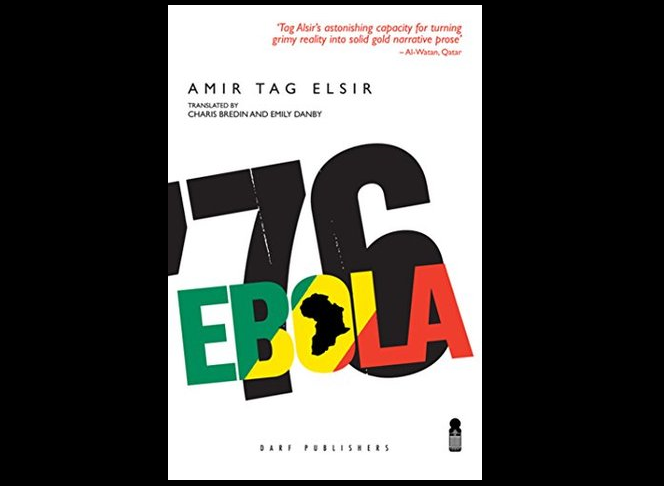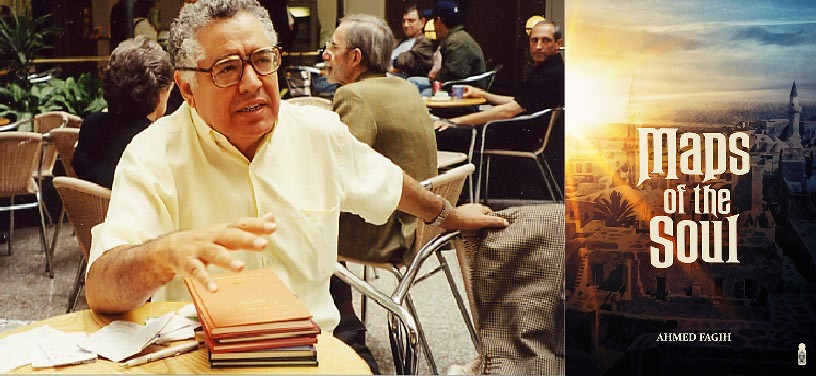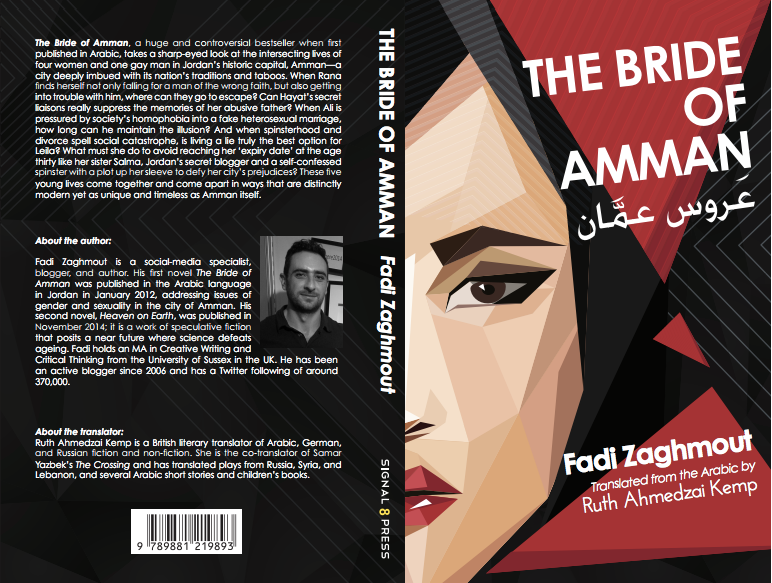It has been a while since I have come across a novel that not only keeps me spellbound but educates me thoroughly. Maps of the Soul, written by Ahmed Fagih and brilliantly translated by Thoraya Allam and Brian Loo, is such a work.
Set during the early 1930s in a Libya ruled by Italian colonialist Italo Balbo, Fagih introduces the reader to the louche neighborhoods of Tripoli alongside the glamorous lives of the prosperous (mostly Italian) elite. Tripoli, its architecture, markets, residents and nightlife are described in such vivid and palpable detail that it lends the novel a cinematic feel. A piece of historical fiction, Maps of the Soul is actually the first three installments of a much larger, twelve-part body of work.
The book opens with the gripping scene of the protagonist Othman al-Sheikh waiting to be executed. To his right, fellow Italian army soldiers are having their heads methodically chopped off by an Abyssinian warrior armed with a knife the length of a sword. As heads roll and blood spurts across the narrator’s face, we are transported back into time to supposedly understand how Othman al-Sheikh comes to end up with neck exposed, primed to be severed. The author’s decision to write in second person endows the novel with a personal sense of urgency that swiftly pulls the reader into the action, and propels the story forward effortlessly, and the translation has skillfully rendered an otherwise difficult form in English. READ MORE…




